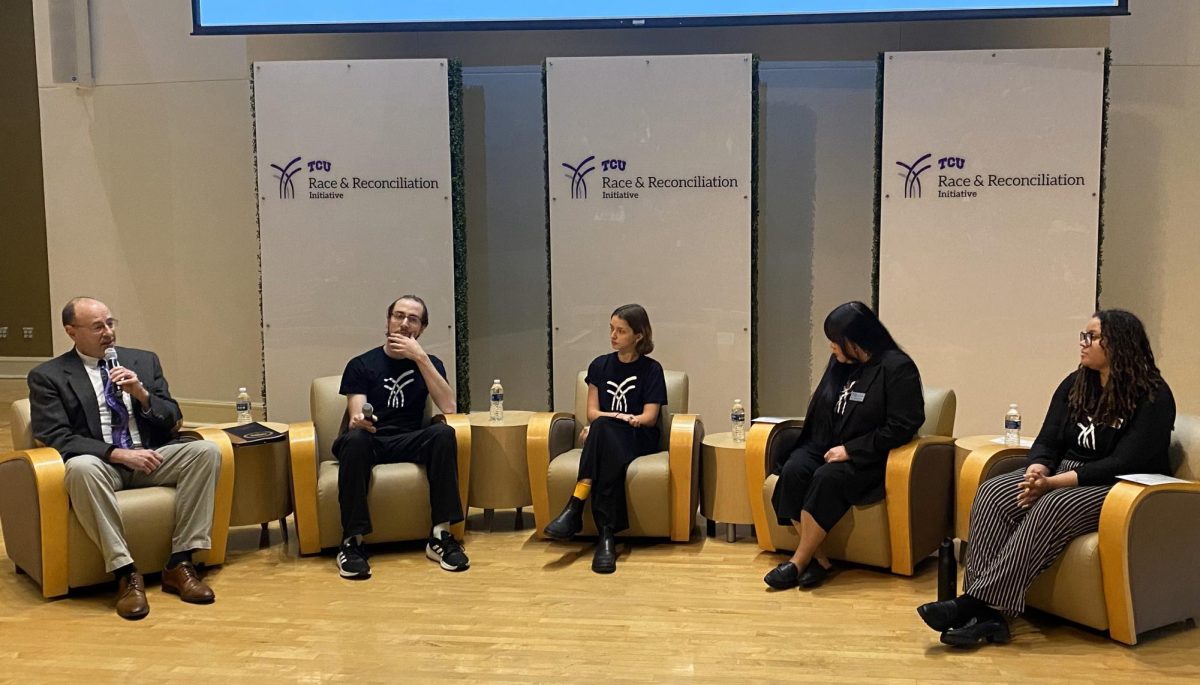Some professors at TCU are adding policies for e-mail and eCollege to their syllabi as the Internet becomes the main source of class communication.
Netiquette, or Internet etiquette, consists of rules and guidelines for appropriate online behavior.
Yale University, Texas A&M University, Texas Tech University and the University of Texas at Austin have also adopted netiquette as part of their academic policies.
According to the William H. Koehler Center for Teaching Excellence website, netiquette was a course policy in the syllabus template.
Associate Professor of Sociology Jeannine Gailey said she included Internet etiquette rules in her class syllabus.
“I think more and more classes are going online,” junior sports broadcasting major Chris Varano said. “They need to enforce classroom rules online because more and more work is going on outside the classroom and on the Internet.”
Gailey said she had problems with communication between students and herself in previous classes, which had significant negative impacts on the class.
She said she would not have known there was a problem without student input because she was not on the e-mail list.
Netiquette would be an effective addition to syllabi because it would define professors’ expectations both inside and outside of the classroom, Varano said.
Gailey said she thought students should know that they are held accountable for class-related Internet usage.
There are pros and cons of the policy that would affect communication between students and professors, Varano said.
“It will improve student-to-professor communication in the sense that you know when you can talk to your professor, but it also does put limits on certain times that you can’t,” Varano said. “So, for some students that have different schedules, it might not work, but I think having a set standard of guidelines will actually be effective in the long run.”
Gailey said she thought eCollege made it easy for students to e-mail the entire class to ask about assignments that should have been attained on their own. E-mail users should be conscious, considerate and respectful of others during online conversations, she said.
She said she updated her syllabi each semester and suggested that other faculty members do the same.



